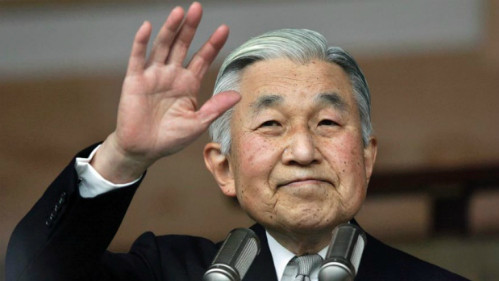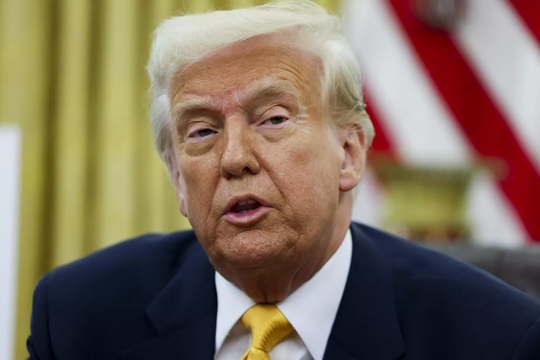Will Japan let the Emperor abdicate?
The Emperor's wish to retire is widely understood but may also open up new controversial issues for the country.
 |
Emperor Akihito. Photo: Reuters. |
Emperor Akihito, 82, made a televised speech on August 8 expressing his intention to abdicate due to poor health. Japan is a constitutional monarchy,The country's laws currently do not provide for abdication.Emperor Akihito cannot publicly call for legal changes because Japan's 1947 constitution prohibits the emperor from interfering in politics.
Japanese Prime Minister Shinzo Abe said the government would take the emperor's speech seriously. But change does not come easily in Japan, and the government faces a conundrum: It can be criticized for allowing change or blocking it.
If the government amends the law to regulate succession, it could raise concerns about its influence over the royal family, analysts say.
“Both left and right will have to be careful to ensure this process does not weaken the institution,” said Sheila A. Smith, a Japan expert at the Council on Foreign Relations.
However, if the government hesitates to prolong the time to carry out the Emperor's wishes, it may cause discontent among many people.
"This is an aging country, and there will be a lot of people who sympathize with the emperor's desire to retire," said Tobias Harris of Teneo Intelligence, a political risk consultancy.
A public opinion poll conducted by Japanese media shows that the majority of the public supports Emperor Akihito's wish to abdicate, with 85% of respondents saying they support amending the Imperial Household Law to allow it.
"We always talk about the emperor with respect, but we bind him like a slave," said Daisuke Kodaka, 34, a cosmetics company employee in Tokyo. "He is our symbol but he doesn't have the same rights as ordinary people. We should recognize his rights."
Yuri Kobayashi, a part-time worker from Funabashi, a city near Tokyo, said she realized being emperor was not an easy job. "I realized the emperor was trying his best. I want him to rest."
“There have been many emperors who abdicated in Japanese history,” said Takeshi Hara, an expert on the imperial family at the Open University of Japan. More than half of Japan’s monarchs have abdicated, often to retire to Buddhist monasteries. It was only in the 19th century, when Japanese leaders launched a movement to deify the emperor, that abdication became impossible. Akihito’s father, Hirohito, was the last emperor to support deification.
The legal revision could also revive a contentious issue: whether women can inherit the throne. In Japan, only men can inherit the throne, and the rule is increasingly being discussed. A decade ago, in a debate over whether to change the law to allow female members of the imperial family to ascend the throne, conservatives in Mr. Abe’s Liberal Democratic Party strongly opposed it.
Crown Prince Naruhito has a daughter, his younger brother has two daughters and a son, Prince Hisahito, the only male member of the younger generation of the imperial family. When Prince Hisahito was born in 2006, he put the debate over the position of "queen", at least for the time being. However, with so few males in the royal family, the issue may flare up again in the future.
Mr Abe's government has pushed to empower women in many fields, but few believe this could extend to the imperial family.
“Another troubling situation has opened up,” said Kenneth Ruoff, director of the Center for Japanese Studies at the University of Portland.Mr. Rouff said that once Mr. Abe opened the debate on revising the Imperial Household Law, citizens would use that change to target the larger issue of gender equality.
"We are quite sure that people will discuss the issue of why women are not allowed to inherit the throne," he said.
According to VNE
| RELATED NEWS |
|---|




